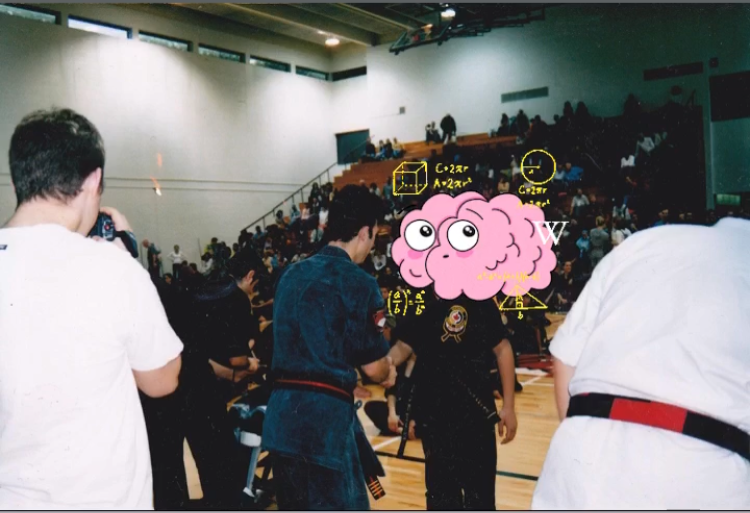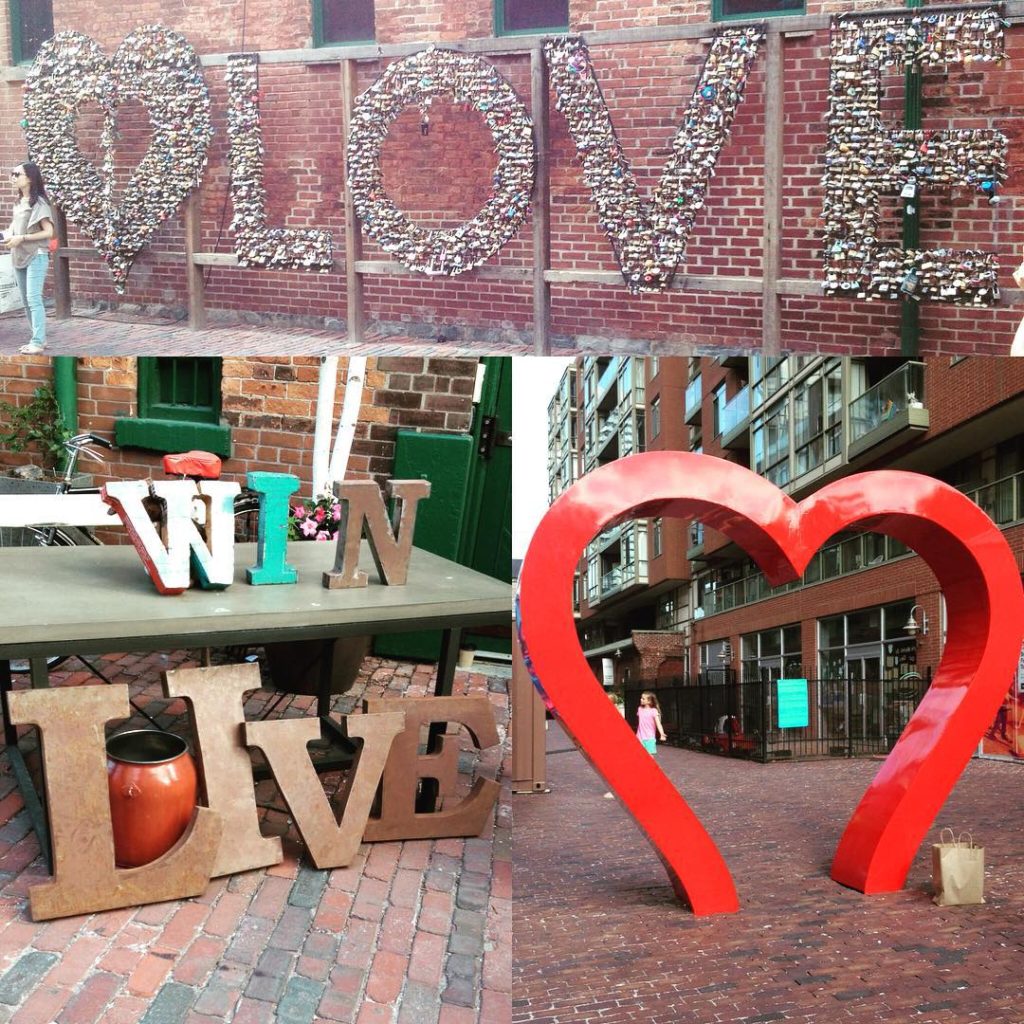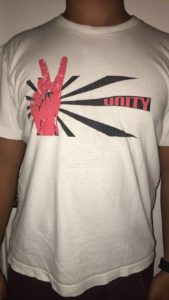Before every karate class, students would kneel in one of two ways. As sensei, “teacher” in Japanese, would address the communal area, we would line up across the middle of the floor kneeling on both legs with our feet beneath our butts or with one knee up as we absorbed sensei’s greeting and pre-lesson inspiration. As we stationed ourselves on the floor, our kneeling indicated respect and deference to our martial arts leader. After a couple of minutes, we would begin to feel restless and start shifting between those stances. This restlessness would not have taken us eight minutes and forty-six seconds to feel uncomfortable. A conscious decision would have been made to maintain such a position.
Almost four years ago, Colin Kaepernick began taking a knee during the national anthem to protest police brutality. At the time, there was more outrage over kneeling during the national anthem than the deaths of unarmed black men. Throughout centuries, peaceful protest, violent protest, and everything in between has been practiced. If neither forms of protest created enough institutional change, why is there still criticism for the never-ending search for justice? Not only has our black community had to face this for centuries, the latest string of horrific murders comes amidst the global COVID-19 pandemic. To be both pathogenically and systemically attacked simultaneously must be overwhelming.
For far too long we have put the burden solely on the black community to use their voices without allies alongside in full support. The non-black community has to do better. Has living in fear from a global pandemic prompted more empathy from us? Whether as a non-black person of colour, like myself, or as a caucasian, we have to stare directly into the mirror at ourselves. How have we been both implicitly and explicitly bias? What can we do to listen, educate ourselves, and make tangible change in our communities? There is a cycle we do not want – and can not afford – to be repeated again: unjustifiable black death, outrage, and lack of systemic change. While progress has been made regarding justice for George Floyd’s senseless death, a charge is not yet a conviction.
At the end of every karate class, we assumed the same kneeling stances to listen to sensei wrap up the lesson. After taking a few gems with us after the physical and spiritual workout, we stood at attention. The learning was not over yet. We recited the student creed after every single class:
I promise to become the best possible person I can be,
With honesty in my mind, confidence in my heart, and strength in my body.
I will achieve excellence and share it with others.
Sensei: “What is your goal?”
Black Belt Excellence.
Sensei: “What is your quest?”
Personal Best.
We reminded ourselves everyday what was most important: becoming the best possible person we could be. We took accountability for our actions and sought to achieve excellence both individually and collectively. With systemic issues unchanged, holding the four abusers of power who murdered George Floyd accountable for their actions will be difficult. Though that verdict rests in the American justice system’s clutches, the integral thing we can control each day is holding ourselves accountable for our own thoughts and actions.



